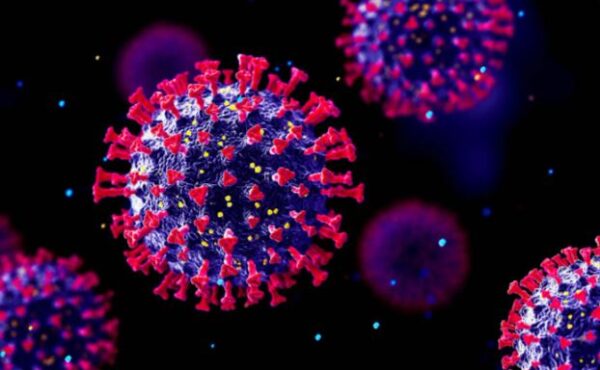Lifestyle
Over 600 viruses found on showerheads, toothbrushes; what this means for you

At Northwestern University the researchers observed that more than six hundred viruses colonized 92 shower heads and 34 toothbrushes and found that each surface hosted a unique viral community.
These viruses, also referred to as bacteriophages or phages, infect bacteria but not humans which make them quite useful in combating the resistant superbugs.
“The number of viruses that we found is simply wild!” said Erica Hartmann, the primary investigator and Northwestern’s associate professor of civil and environmental engineering. “We found many viruses that we know very little about and many others that we have never seen before. It’s amazing how much-untapped biodiversity is all around us.”
As the global crisis of antibiotic resistance expands, new alternatives are being explored and bacteriophages seem to be among the most promising. Bacteriophages, unlike antibiotics, attack specific or individual bacteria rather than targeting a wide range of bacteria.
In this investigation, it was determined that the predominant viral component was composed of mycobacteriophages – which are known to infect mycobacteria, the class of bacteria that includes tuberculosis, leprosy, and mad coughs. These types of viruses are considered very promising in the researchers’ work as the team hopes to devise a strategy that would eliminate harmful bacteria from, plumbing for example or develop therapies directed at those bacteria.
Even though the finding is a great achievement, the research states that such viruses are harmless to mankind. Indeed, they may aid in reducing harmful bacteria which have withstood conventional medicine’s antibiotics. As for the geography of your bathroom, there is no reason for concern about the lurking clouds of almost undetectable viruses.
How to keep your bathroom clean and hygienic
Hartmann offers more practical suggestions for the upkeep of the bathroom, for instance, wash showerheads with soap and water or vinegar to get rid of the calcium deposits. As for toothbrushes, it is enough to change their heads from time to time. Antimicrobial toothbrushes should also be discouraged since they may lead to the development of antibiotic resistance.
“Microbes are everywhere, and the vast majority of them will not make us sick,” said the expert. “The more you attack them with disinfectants, the more they are likely to develop resistance or become more difficult to treat. We should all just embrace them,” she added.







